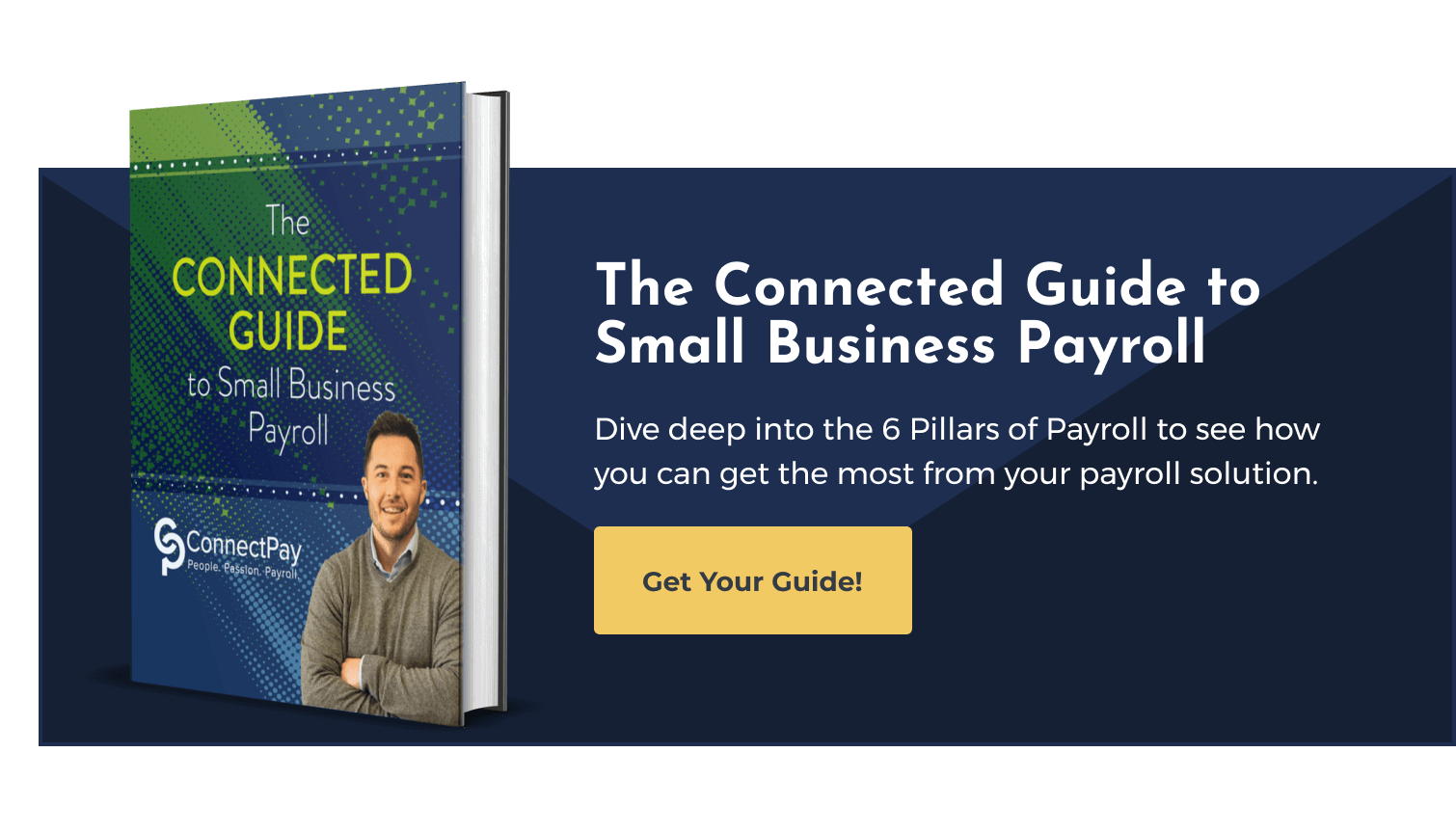5 Major Payroll Forms All Employers Need

Regardless of what industry you serve, all employers are responsible for knowing which payroll forms to fill out. With so many IRS forms out there, it can be difficult to know which ones apply to your unique business.
To make matters more complex, filing is never as straightforward as it should be. Just when you think you’ve filed correctly, there always seems to be another hoop that you have to jump through. It’s enough to make you want to pull your hair out, right?
To streamline the entire process, you need a list of the most important payroll forms. As an industry-leading payroll solutions partner, we’ve seen first-hand all of the mission-critical payroll forms that business owners rely on to run their businesses.
5 Mission-Critical Payroll Forms All Employers Need
Before we begin, it should be noted that the types of payroll forms you need vary depending on your unique business and industry.
Additionally, we recommend investing in automatic filing via convenient, easy-to-use payroll software. Most modern payroll partners offer automatic payroll and tax solutions purpose-built to streamline business operations and employee management.
Beyond investing in a payroll service, here is the list of top payroll forms you absolutely need to manage and run your business effectively.
1. Form W-2
Form W-2 is used to report taxes withheld from employee wages during the year. The W-2 tax form requires business owners to enter their Federal Employer ID number, business name, and business mailing address. Most online payroll services automatically deduct employee taxes, making it simple and easy to fill out and file.
Additionally, you can use a payroll service like ConnectPay to automatically create and distribute W-2s to employees on your behalf.
Employers are required to supply employees with a W-2 by January 31.
2. Form W-3
Form W-3 and W-2 are very similar. In fact, the only difference is that W-2 includes the tax information for each employee. Meanwhile, W-3 reports tax information withheld for the employer. All employers with one or more employees are required to file Form W-3 with the Social Security Administration (SSA).
Employers are required to file Form W-3 by January 31.
3. Form 940
Form 940 is used to report federal unemployment tax. All employers are required to report and pay unemployment taxes to the Internal Revenue Service (IRS). The Federal Unemployment Tax Act (FUTA) provides income to employees who have lost their jobs. As such, the federal government issues an unemployment tax to businesses to provide these benefits.
All businesses must file Form 940 if employee wages exceed $1,500 during the quarter. Employers are required to file Form 940 by January 31.
4. Form 944
Form 944 includes the federal and social security tax withheld from employees. Additionally, Form 944 is used to calculate Medicare tax liabilities for all businesses. Unlike Form 941, Form 944 reports the total annual tax returns.
All businesses must file Form 944 annually. If you expect your employment tax liability to be less than $1,000 per year, you may be exempt from filing Form 944. Employers are required to file Form 940 by January 31.
5. Form 1095-B
Form 1095-B should be distributed to employees that receive minimum essential health insurance coverage through the Affordable Care Act (ACA). This form includes the following:
- Health insurance coverage
- Health insurance coverage dates
- Employees covered
Under the ACA, employers are responsible for supplying their employees with essential coverage. Today, most health insurance plans qualify for minimum essential coverage. However, other programs, including Medicare and Medicaid, meet minimum essential health coverage requirements. Businesses must supply employees with Form 1095-B by January 31.
Never Miss a Filing Deadline With ConnectPay
So what’s the best way to never miss a filing deadline?
We recommend investing in a payroll service you can trust. ConnectPay offers integrated payroll solutions designed to help you take the guesswork out of payroll filing. Our in-house tax team is always available to guide you through whatever questions you may have. What’s more, it’s our policy to never let a call go to voicemail during business hours, so you’ll always be able to get the answers you need when you need them.
There are hundreds of other payroll solutions on the market, but we would be remiss if we didn’t tell you why most big-box providers miss the mark when it comes to supporting small businesses.
There is a better way.
To get started, we recommend scheduling a call with one of our small business payroll experts. During this call, you’ll have an opportunity to share some of your unique payroll tax and filing needs. It’s a great opportunity to learn about our unique software!








